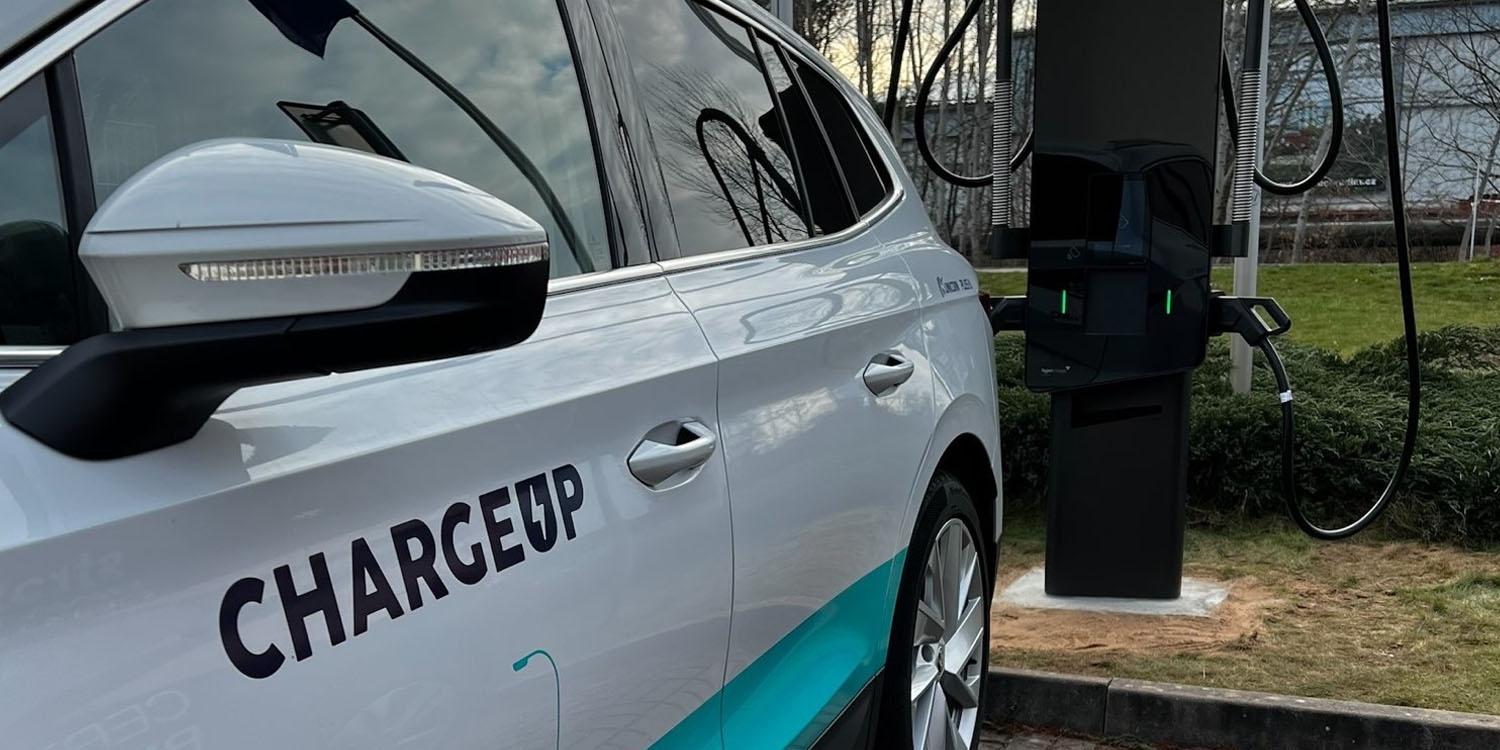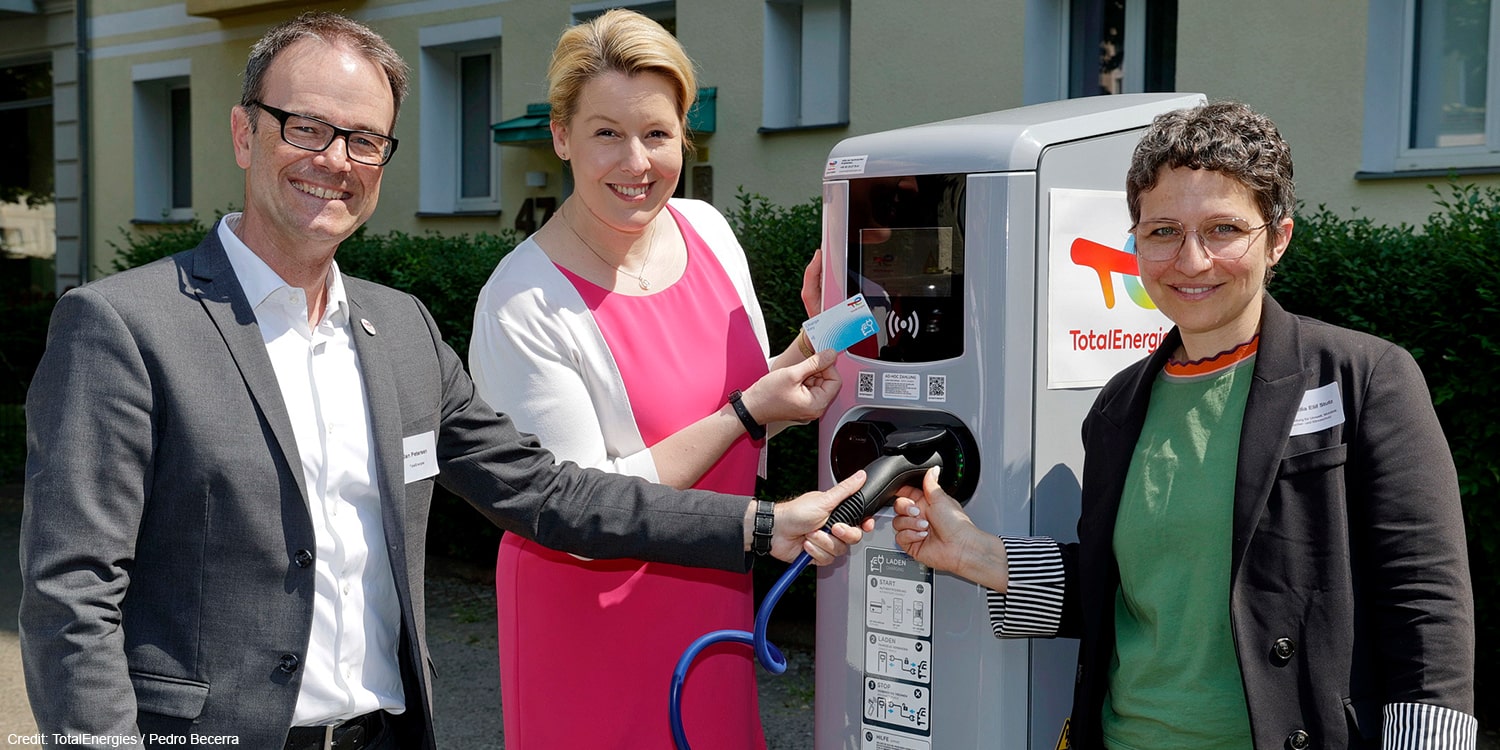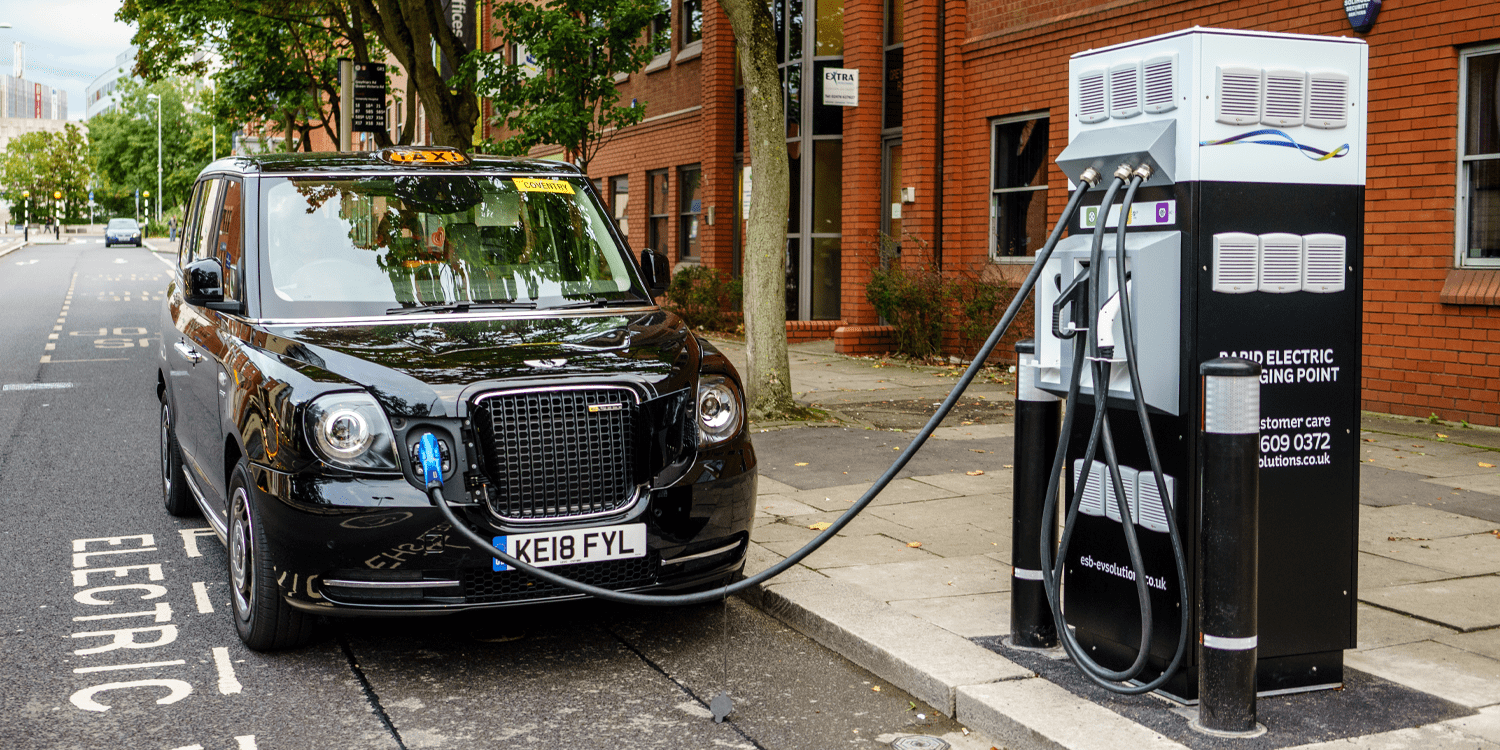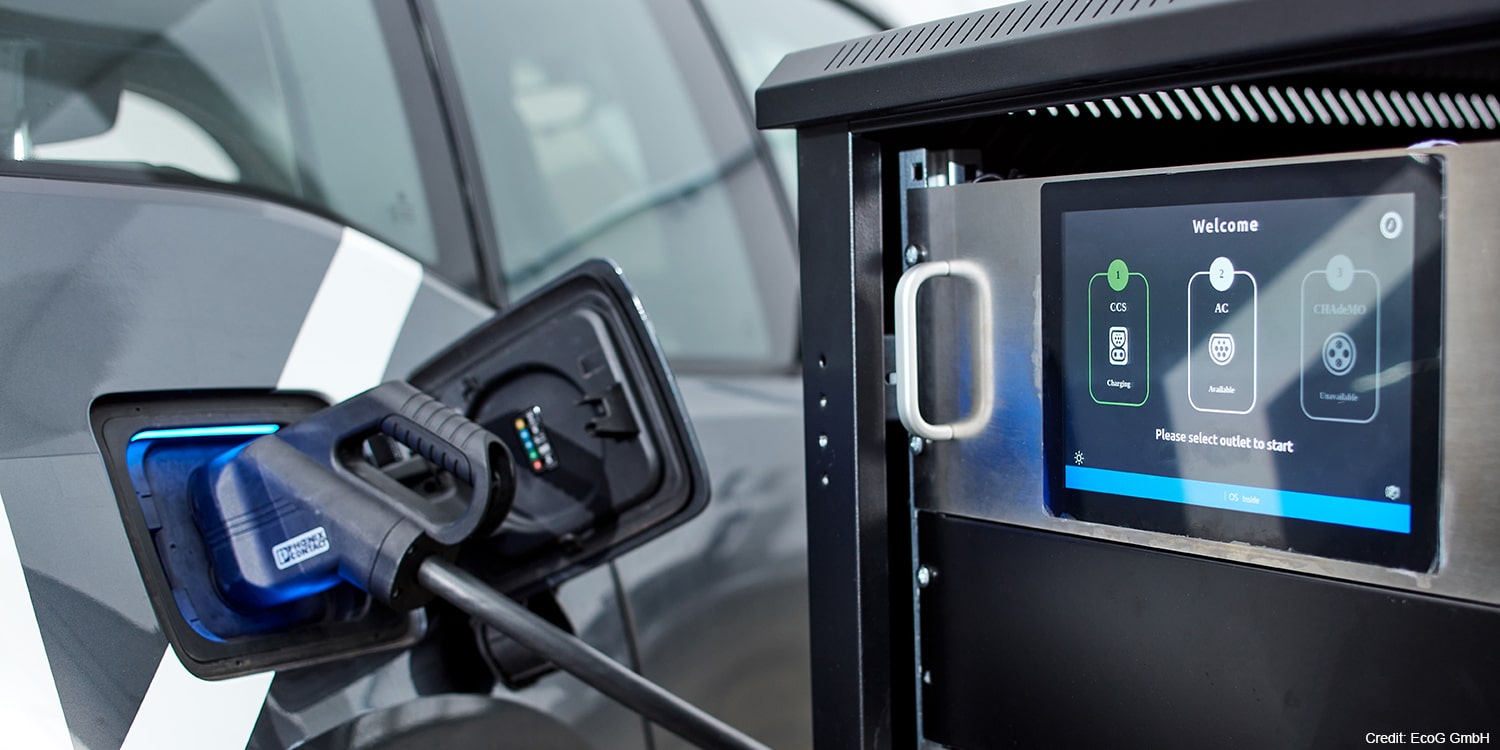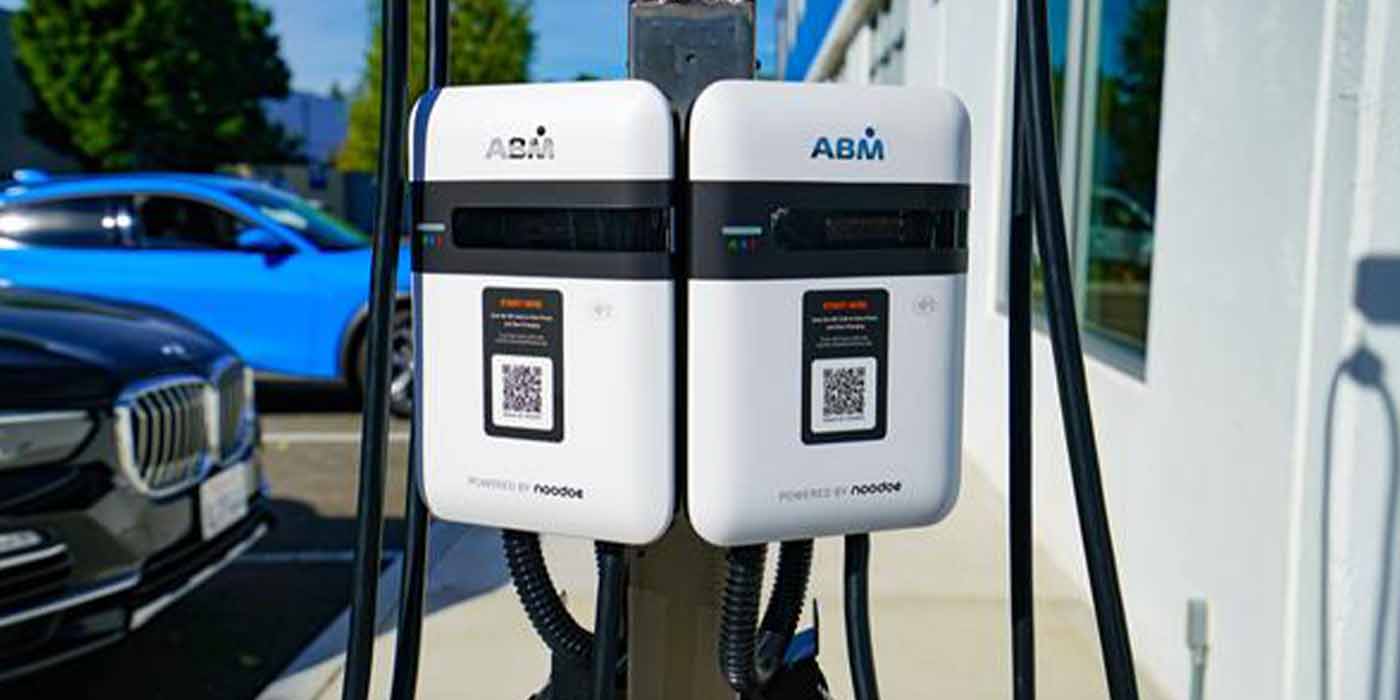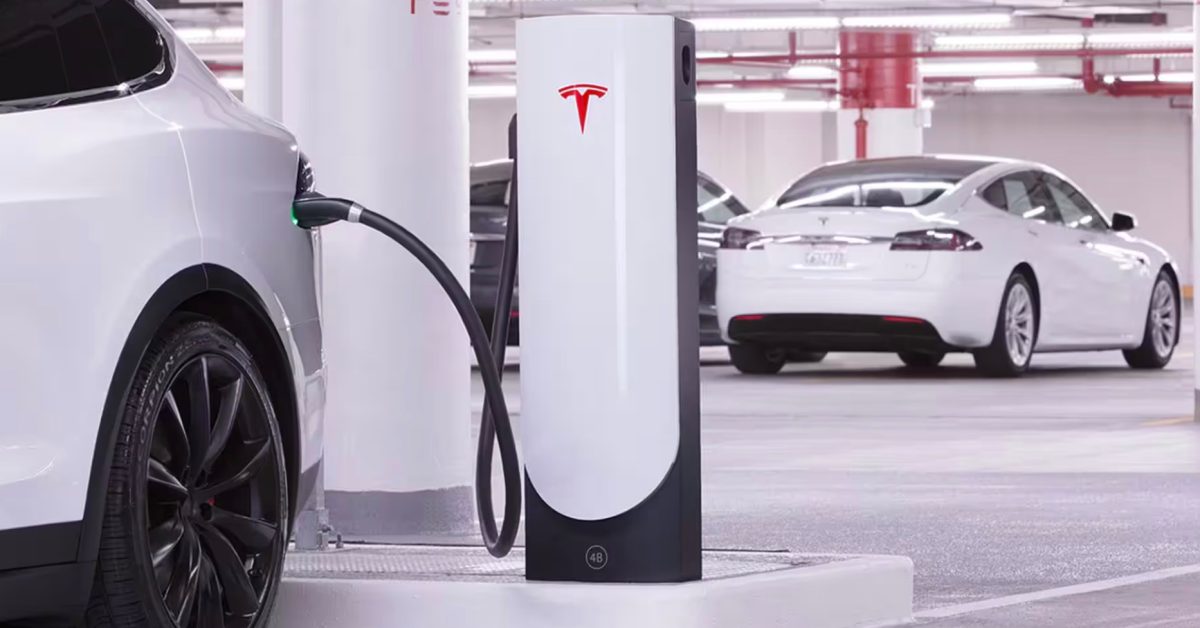The Climate Agency of Oslo has recently chosen Czech company ChargeUp to supply a control system for the city’s charging network. Under the contract, ChargeUp will remotely manage and monitor over 2,300 public charging points in Oslo, as well as all future charging stations.
As part of the agreement, Oslo plans to increase the number of charge points by 200 annually until 2031. This duration aligns with the length of the contract and is subject to the satisfaction of both parties involved.
ChargeUp’s CPO software will replace the existing charging station management solution in Oslo starting this summer. The cloud-based software service (SaaS) offered by ChargeUp is capable of integrating various third-party applications.
The decision to roll out ChargeUp’s solution came after the company won a tender issued by Oslo. The Environmental Agency in Oslo expressed their approval of the CPO software, considering it a modern and functional solution ready for immediate use, featuring a user-friendly interface. They also praised the supplier’s detailed project plan and implementation strategy. The agency acknowledged the qualifications and relevant experience of the team assigned to the project.
Daniel Ševčík, CEO of ChargeUp, described winning the tender as a significant achievement due to Oslo’s reputation as the global capital of electromobility. He noted that nowhere else are there as many electric cars and such a dense charging infrastructure as in Oslo. ChargeUp surpassed major European and global players in the tender process, with the robustness, scalability, and functionality of their solution being the decisive factors.
Although ChargeUp may appear to be a relatively new player in the field, the company is listed as a European Unicorn business and boasts an impressive clientele, including Stellantis, VW, DPD, TotalEnergies, and Göteborg Energi, as mentioned on their website.
In line with their commitment to sustainability, Oslo is set to transition its public transportation, including trams, buses, and boats, to fully electric vehicles by the end of this year. The city aims to become the world’s first emission-free city by 2030.

